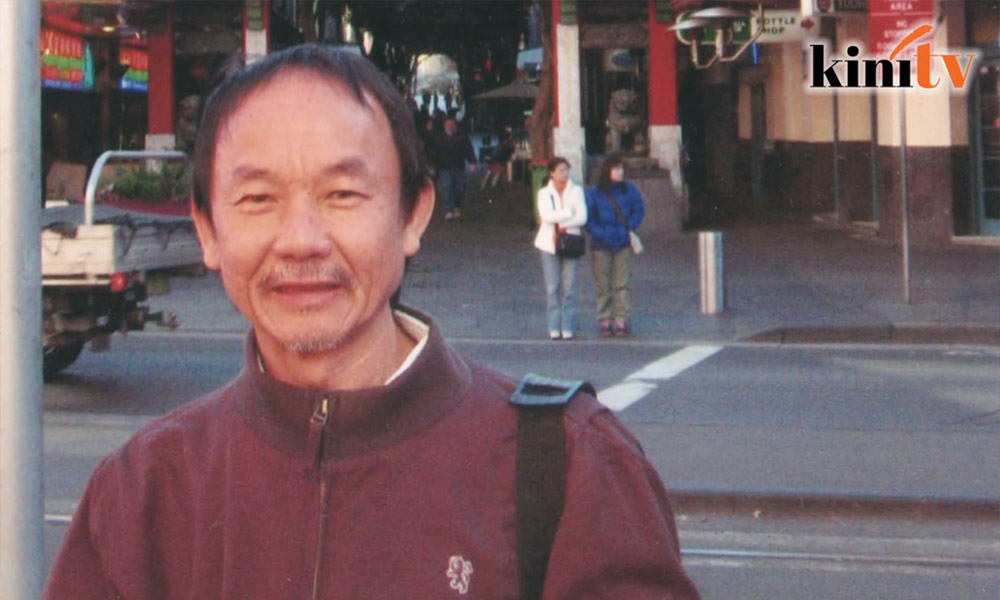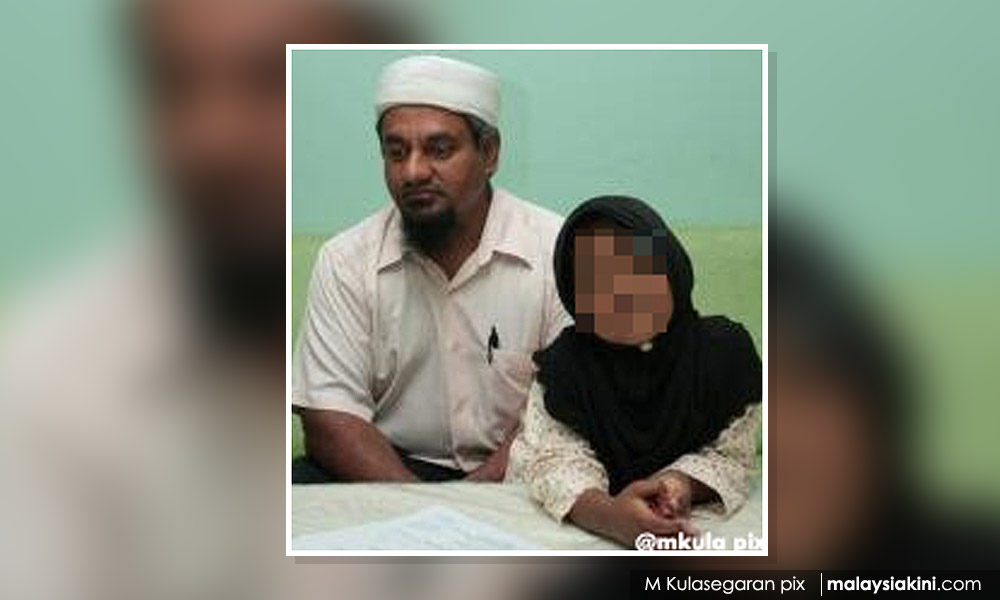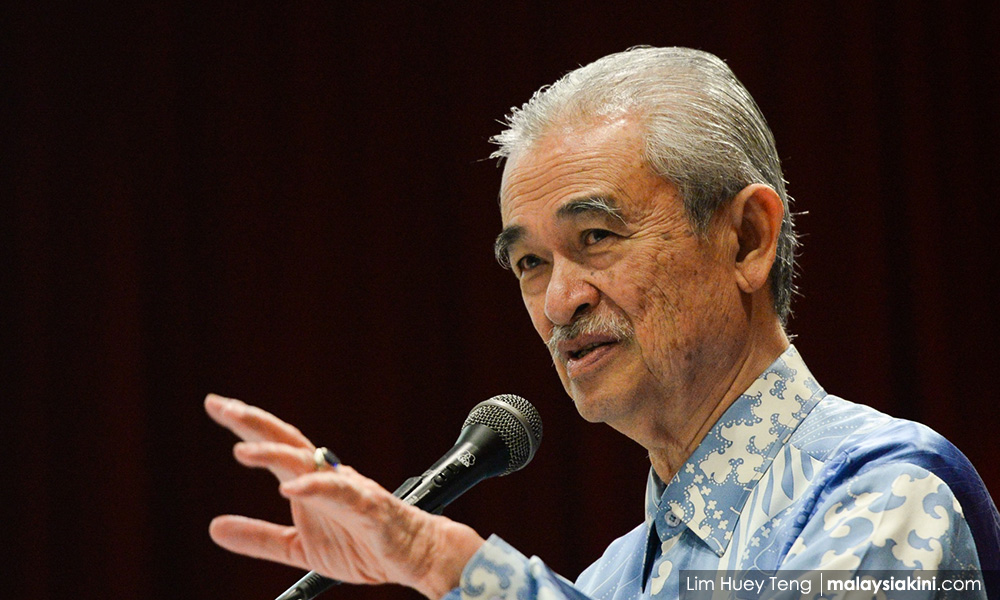COMMENT | The Malaysian police force has long suffered from a credibility gap. This stems from the usual factors that erode public confidence in the force: suspicion of political manipulation, the trigger happy shooting of criminal suspects, custodial deaths and corruption.
A serious effort was made to do something about the force's tarnished image in 2003; it stalled. Now comes another opportunity to restore the force to the status it enjoyed decades ago.
The impending retirement of the present deputy inspector-general of police Noor Rashid Ibrahim (in March) and of the inspector-general of police Mohamad Fuzi Harun (May) provide a simultaneous opportunity to restore the image of the force to status quo ante.
Home minister Muhyiddin Yassin announced yesterday that he will discuss with the prime minister the matter of who will replace the departing duo. There appears to be some hesitation about the choices. In the past, there was a clearer line of succession than at present.
Could this be owed to the recent disclosure by Fuzi that he was worried about the number of requests for early retirement by senior officers?
It takes no rocket science to deduce that the anti-corruption drive launched by the new Pakatan Harapan government after it took office in May has set the proverbial cat among the canaries. Perhaps senior personnel were making haste for the exit hatches to evade unwelcome scrutiny.
'Deep state'
In 2005, a cabal of senior police officers stymied the first serious effort to stem the decline in the public image of the force. That effort was launched by the country's fifth prime minister, Abdullah Ahmad Badawi.
Soon after taking office in October 2003, he set up a royal commission of inquiry aimed at enhancing the operations and management of the force. It was a gesture of striking panache, contributing to the BN landslide victory in the 2004 general election.
Having been the home minister before his elevation to prime minister, the move to empower an RCI signalled that the prime minister knew what had to be done to tackle the force's credibility gap – that which he could not quite do while in tendance of the home portfolio.
But, in what must have been a chastening discovery, Abdullah found that his writ was more limited than when he was the home minister, from January 1999 to October 2003.
Of the 125 recommendations made by the high-profile RCI, after a 15-month study that began in December 2003, the most significant was the call for the establishment of an Independent Police Complaints and Misconduct Commission (IPCMC).
That recommendation mothballed: a coterie of senior police officers banded together to oppose its implementation. Abdullah vacillated in the face of the recalcitrants. His limp-wristed response to the threatened mutiny showed that the premier could be made to stand down.
To more discerning members of a watching public, it was ominous evidence of the existence of a 'deep state' within the polity.
Without a trace
The telltale signs would mount by early 2017 when, within the space of a few months, a Shia Muslim (Amri Che Mat) and three Christian pastors (Ruth Hilmy, Joshua Hilmi and Raymond Koh) disappeared without a trace.

Video footage showed that Koh's abduction had all the hallmarks of a special operations action.
Police investigations of the cases have drawn a blank. An inquiry by the Human Rights Commission (Suhakam) late last year reached a similar dead end.
These enforced disappearances, coupled with the police failure to find Prasana Diksa, a child unilaterally converted to Islam in 2009 by her father without her mother's permission, were more signs of the existence of a deep state, beyond the ken of the security apparatus of the nation.
The Federal Court, in January 2018, handed custody of Prasana to her mother, ex-kindergarten teacher M Indira Gandhi.
The mother had fought a nine-year battle to regain custody of her daughter, who was snatched from her by her estranged and later divorced husband, K Pathmanathan (Muhammad Ridhuan Abdullah) while the child was still an infant.
Every decision of the civil courts to hand custody of the child to the mother was countermanded by a Shariah court order upholding the father's right to convert and raise Prasana.
Finally, the apex civil court ended the wrangle by granting Indira custody of Prasana and nullifying her conversion to Islam. Thirteen months have passed since the court order, but Prasana is nowhere to be found. She has joined the list of the disappeared.

Needless to say, this is a travesty of the rule of law.
The home minister can do no better service to the cause of that rule than order, as a precondition for confirmation of their appointment as acting IGP and acting deputy IGP, that the incoming duo find the missing five.
Don't discount the possibility that the reward of a top position can get some seekers topping themselves and the system. The rescue of the missing five – assuming they are alive – from the black hole into which they have vanished will bolster the rule of law.
It will also be a sign that a semblance of meritocracy has returned to the polity.
TERENCE NETTO has been a journalist for more than four decades. A sobering discovery has been that those who protest the loudest tend to replicate the faults they revile in others.
The views expressed here are those of the author/contributor and do not necessarily represent the views of Malaysiakini.


